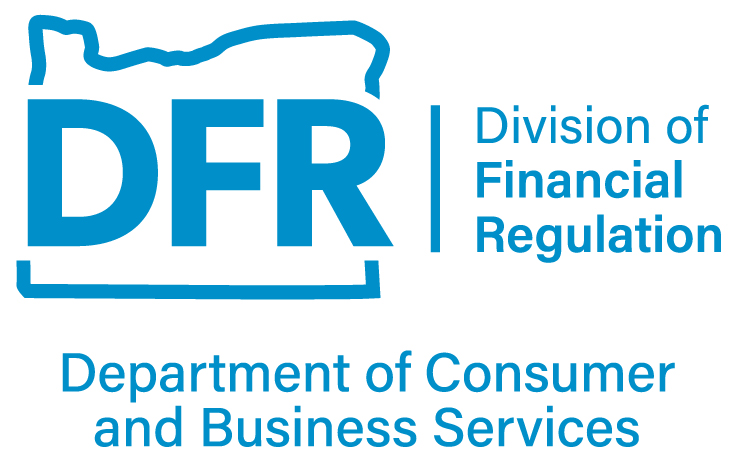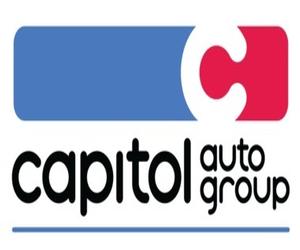SALEM – As more people look for alternative ways to save for retirement, self-directed individual retirement accounts (IRAs) have become increasingly popular. While self-directed IRAs offer investors greater control over their investments, they also come with potential risks and financial losses.
The Division of Financial Regulation (DFR) is urging investors to exercise caution when considering self-directed IRAs. While self-directed IRAs may offer the potential for higher returns, they also come with increased risks, including the possibility of fraudulent schemes, high fees, and volatile performance that can result in financial loss.
Self-directed IRAs allow investors to hold alternative assets, such as real estate, precious metals, private equity, and cryptocurrency within their retirement accounts. This flexibility can be appealing, but it also creates the potential for investors to be exposed to risks they may not fully understand. Self-directed IRA custodians do not evaluate the quality or legitimacy of any investment in the self-directed IRA or its promotors; instead, that responsibility falls solely on the investor.
With a self-directed IRA, investors have soleresponsibility for evaluating and understanding the investments in the account. Due to federal laws and regulatory rules related to selling investment products or providing investment advice, most custodians for other types of IRAs limit the holdings in IRA accounts to firm-approved stocks, bonds, mutual funds, and certificates of deposit. However, these limitations do not apply to self-directed IRAs.
Self-directed IRA custodians:
- DO NOT sell investment products or provide investment advice
- DO NOT evaluate the quality or legitimacy of any investment in the self-directed IRA or its promoters
- DO NOT verify the accuracy of any financial information that is provided for an investment in the account
Self-directed IRA custodians are responsible only for holding and administering the assets in the account. Furthermore, most custodial agreements between a self-directed IRA custodian and an investor explicitly state that the self-directed IRA custodian has no responsibility for investment performance.
One of the biggest risks of investing through self-directed IRAs is the increased possibility of fraudulent schemes. These schemes can take many forms, from Ponzi schemes, in which newly invested funds are used to pay other investors in order to hide that the investment is not profitable, to bogus investments in nonexistent assets. Unfortunately, the lack of regulatory oversight in the self-directed IRA space, and lack of vetting performed by the self-directed IRA custodian, can make it difficult for investors to protect themselves from fraudsters.
In addition to the risk of fraud, self-directed IRAs can also come with high fees. These fees can be associated with the alternative assets themselves or with the custodians who hold the assets. Investors should carefully review all fees associated with a self-directed IRA before deciding to invest.
Finally, the performance of alternative assets can be volatile, leading to financial loss. Unlike traditional assets such as stocks and bonds, alternative assets may not have a well-established market, making it difficult to determine their true value. As a result, investors may be left holding assets that are difficult to sell or that have lost value over time.
“Self-directed IRAs can be a useful tool for certain investors, but it’s important to understand the risks involved,” said TK Keen, DFR administrator. “Investors should thoroughly research any alternative assets they plan to hold within their IRA and carefully review all fees associated with their account.”
Investors who are considering a self-directed IRA should consult with a licensed financial advisor to help them evaluate the risks and potential rewards. By taking a careful and informed approach to investing, investors can help protect themselves from potential financial losses.
DFR’s website offers financial services help and our consumer advocates are always available to help people if they believe they have been scammed or been a victim of fraud. Contact the advocates at 888-877-4894 (toll-free).
###
About Oregon DFR: The Division of Financial Regulation is part of the Department of Consumer and Business Services, Oregon’s largest business regulatory and consumer protection agency. Visit dfr.oregon.gov and www.dcbs.oregon.gov.












